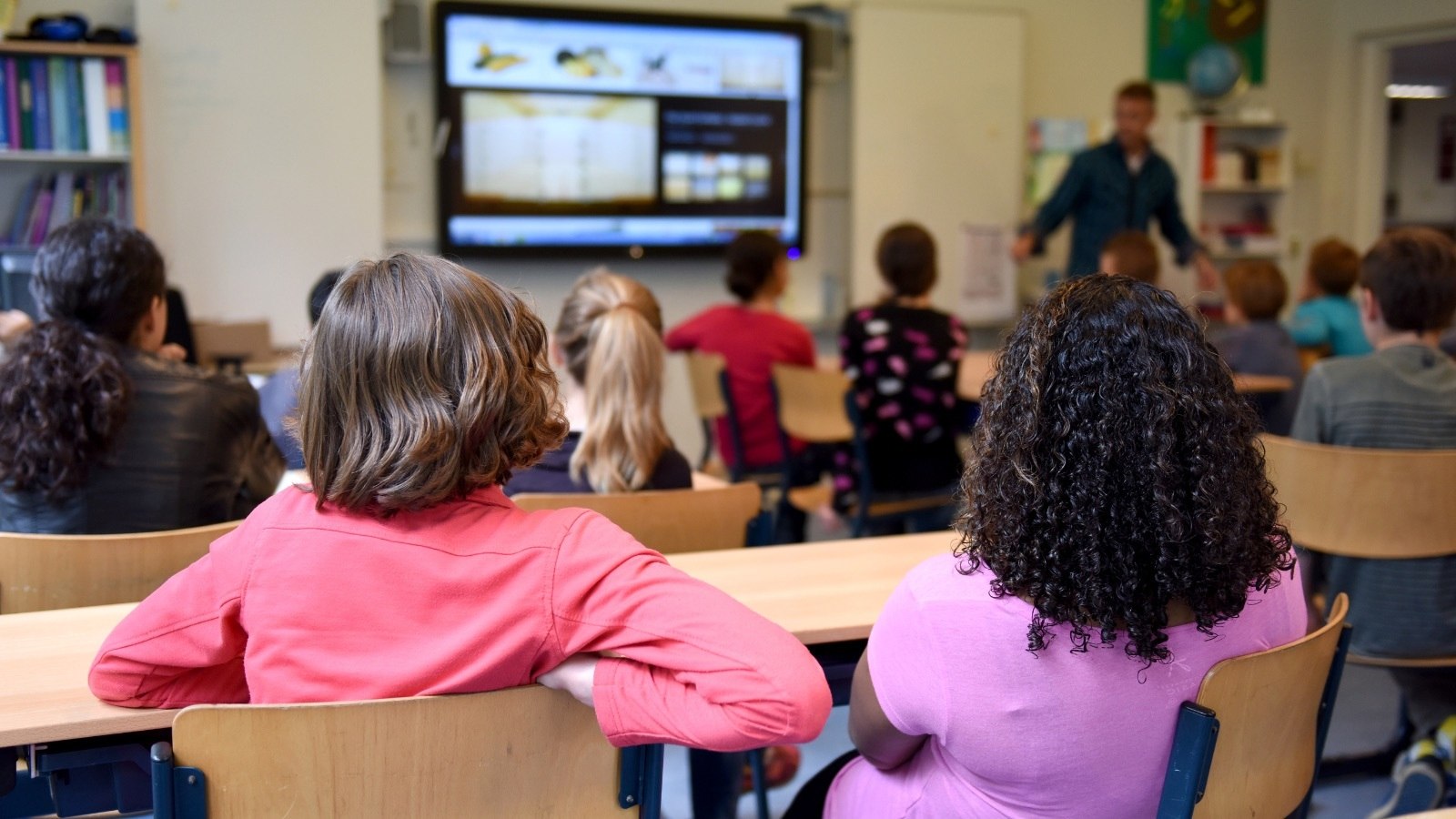
Two-time BGSU alumna committed to addressing discipline inequities in public schools, changing educational landscape
Roxanne Allen ‘03, ‘22 conducted groundbreaking research for her doctoral degree in leadership studies
By Laren Kowalczyk ‘07
When Roxanne Allen ‘03, ‘22 became a science teacher more than two decades ago, she knew public, urban school districts were where she wanted to teach.
She came from one herself and was committed to ensuring students were prepared for the rigors of college-level classes — a result of her experiences of feeling underprepared next to her college classmates.
But after 20 years in the classroom and to create broader change within the educational system, Allen transitioned into administration and simultaneously began pursuing her doctor of education (Ed.D.) degree in leadership studies at Bowling Green State University.
“I enjoy teaching, but I wanted to deepen my influence and footprint when it came to the educational landscape,” Allen said. “I wanted to impact more educators and scholars, and the way I could do that was to become a building administrator while also expanding my knowledge by completing this terminal degree.”
Allen graduated from BGSU in Fall 2022 and is using research from her doctoral dissertation to help narrow the exclusionary discipline gap of Black students as the principal of Chase STEMM Academy, a Toledo Public School for kindergarten through eighth graders.
Historical research shows Black students in Ohio and across America are disproportionately suspended or expelled compared to their white peers. Studies have also shown that removing students from school settings doesn’t yield the intended impact of improving behavior, Allen said.
Allen’s research sought to understand African-American principals' roles in narrowing the exclusionary discipline gap and facilitating conversations on implicit bias. She also aimed to uncover the perceived resources principals have or ones they believe are needed to impart change.
Many proposed additional support, training to help facilitate discussions on inequities in schools and ongoing dialogue about the discipline gap.
Allen interviewed 14 Black principals within Toledo Public Schools and included an autoethnographic component to her phenomenological study — a unique case study given the small volume of existing research focused solely on the experiences of African-American principals.
“As a principal, I’m on the front lines of student discipline,” Allen said. “The exclusionary discipline gap exists at my school, and I want to change that. I want to inspire others to do the same.”
Dr. Kristina LaVenia, associate professor in the School of Counseling, Higher Education, Leadership and Foundations, said Allen’s research challenges a common misconception.
“Her work is important because it underscores the fact that the racial discipline gap exists across schools and districts, regardless of student and leader demographics,” said LaVenia, who chaired Allen’s dissertation committee. “Roxanne’s work offers a perspective not represented in the research literature and, therefore, offers insights that can be helpful in working toward narrowing the gap.
"To drill down and confront the discipline gap, the teachers making the referrals and the administrators enacting the discipline need to be in dialogue with one another. There needs to be more investment in leader development and training to confront this problem."
At Chase STEMM Academy, Allen plans to implement small group sessions with the school’s counselor for students who’ve previously faced suspension or expulsion. The goal is to provide students with tools to help them make better choices in the future, Allen said.
“Sending them home is not always the right answer,” she said. “There needs to be a larger focus on restorative discipline and growth, so they don’t return to those same behaviors.”
Allen acknowledges that narrowing the gap will require time and a coordinated effort among teachers, counselors, administrators, parents and students.
“My commitment remains strong,” she said. “I’m committed to understanding and sharing the impact school suspensions and expulsions have on our scholars’ futures. I’m determined to find ways to encourage students to make better choices.
“When we think about creating public good, you first have to prepare the public to do good, and I believe that happens in institutions of learning.”
Related Stories
Media Contact | Michael Bratton | mbratto@bgsu.edu | 419-372-6349
Updated: 12/11/2023 10:38AM




